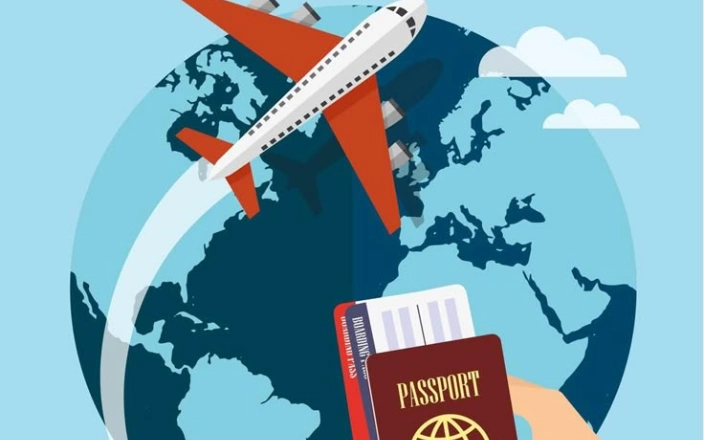Why even seasoned travelers lose connection abroad — and how to avoid it
In modern travel, we rely on our smartphones as much as people once relied on paper maps and guidebooks. Internet, connection, navigation, bookings, taxis, payments — all in one device. That’s why even a small tech failure can ruin the mood from the very start of your trip. And even experienced travelers find themselves in situations where the internet doesn’t work, WhatsApp won’t call, maps won’t load, and taxis can’t be ordered.
Why does this happen? Simply put, there are several common mistakes even frequent travelers make. For example, many people buy an eSIM in advance, choosing the plan based on price, without checking which local carrier it connects to in the destination country. This matters — weak coverage means slow internet, or none at all.
Another common mistake is forgetting to install a VPN before traveling to a country where voice and video calls via messengers are blocked. In places like the UAE, China, or Iran, you won’t be able to use WhatsApp, Telegram, or FaceTime for calls unless you have a VPN. And if you try to install one after arrival, the websites or app stores may already be blocked.
A third mistake is relying on hotel or café Wi-Fi. In reality, Wi-Fi often only works in the hotel lobby, may require SMS registration, or is simply too slow to stream a video. Without stable mobile data, you may be left without maps, translators, or access to your bookings at the worst possible moment.

It’s also important to know that some eSIM plans do not allow tethering. So even if your phone is connected, you may not be able to share your internet with a laptop or another device. That’s especially inconvenient if you’re working remotely or traveling with others.
Many people forget to download offline maps or save screenshots of addresses and booking details. So when the connection drops — you may not even remember the name of your hotel or how to get there. Others forget to install local apps in advance, only to find out that they can’t register for ride-hailing or food delivery apps because those require a local phone number.
And finally, another common oversight: no local cash. Even if you have a card and Apple Pay, you can end up in a place where the terminal doesn’t work or doesn’t accept foreign cards — which means no taxi, no meal, no entry ticket.
All of these situations seem minor until you’re standing in an unfamiliar city, suitcase in hand, unable to get online or even find your hotel. To avoid that, all it takes is a bit of preparation — install a VPN, download offline maps, confirm your eSIM features, carry some cash, and check how your essential apps work in your destination country.

Travel should be about freedom, not fighting with technology. And when everything works from day one — that truly feels great. You just have to take care of it in advance.
Close